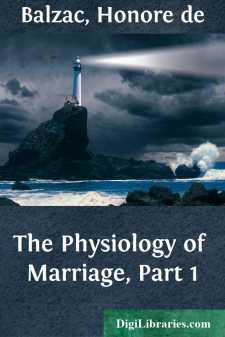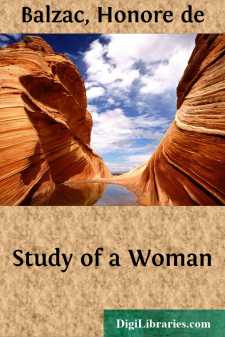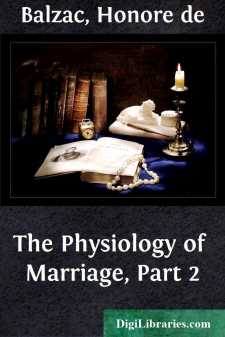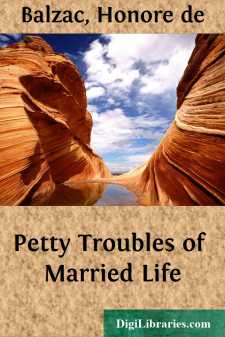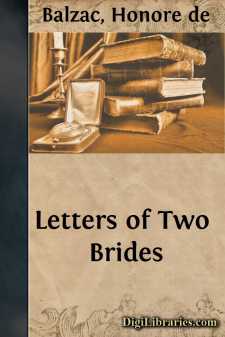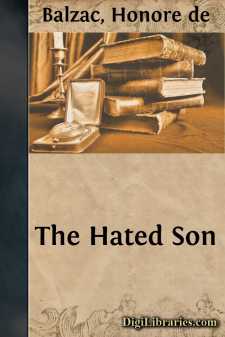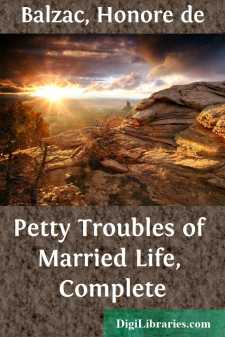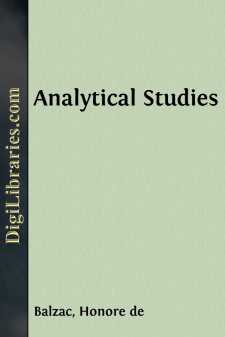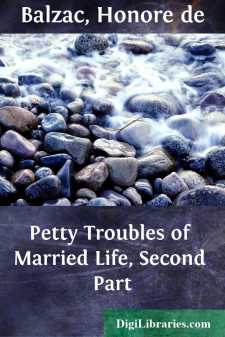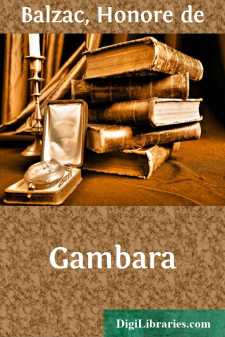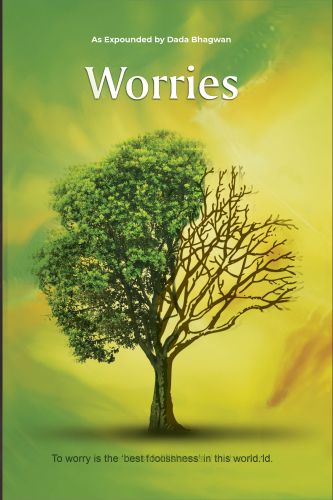Categories
- Antiques & Collectibles 13
- Architecture 36
- Art 48
- Bibles 22
- Biography & Autobiography 816
- Body, Mind & Spirit 145
- Business & Economics 28
- Children's Books 17
- Children's Fiction 14
- Computers 4
- Cooking 94
- Crafts & Hobbies 4
- Drama 346
- Education 58
- Family & Relationships 59
- Fiction 11834
- Foreign Language Study 3
- Games 19
- Gardening 17
- Health & Fitness 34
- History 1378
- House & Home 1
- Humor 147
- Juvenile Fiction 1873
- Juvenile Nonfiction 202
- Language Arts & Disciplines 89
- Law 16
- Literary Collections 686
- Literary Criticism 179
- Mathematics 13
- Medical 41
- Music 40
- Nature 179
- Non-Classifiable 1768
- Performing Arts 7
- Periodicals 1453
- Philosophy 66
- Photography 2
- Poetry 897
- Political Science 203
- Psychology 45
- Reference 154
- Religion 516
- Science 126
- Self-Help 85
- Social Science 82
- Sports & Recreation 34
- Study Aids 3
- Technology & Engineering 59
- Transportation 23
- Travel 463
- True Crime 29
Our website is made possible by displaying online advertisements to our visitors.
Please consider supporting us by disabling your ad blocker.
The Physiology of Marriage, Part 1
by: Honore de Balzac
Description:
Excerpt
"Marriage is not an institution of nature. The family in the east is entirely different from the family in the west. Man is the servant of nature, and the institutions of society are grafts, not spontaneous growths of nature. Laws are made to suit manners, and manners vary.
"Marriage must therefore undergo the gradual development towards perfection to which all human affairs submit."
These words, pronounced in the presence of the Conseil d'Etat by Napoleon during the discussion of the civil code, produced a profound impression upon the author of this book; and perhaps unconsciously he received the suggestion of this work, which he now presents to the public. And indeed at the period during which, while still in his youth, he studied French law, the word ADULTERY made a singular impression upon him. Taking, as it did, a prominent place in the code, this word never occurred to his mind without conjuring up its mournful train of consequences. Tears, shame, hatred, terror, secret crime, bloody wars, families without a head, and social misery rose like a sudden line of phantoms before him when he read the solemn word ADULTERY! Later on, when he became acquainted with the most cultivated circles of society, the author perceived that the rigor of marriage laws was very generally modified by adultery. He found that the number of unhappy homes was larger than that of happy marriages. In fact, he was the first to notice that of all human sciences that which relates to marriage was the least progressive. But this was the observation of a young man; and with him, as with so many others, this thought, like a pebble flung into the bosom of a lake, was lost in the abyss of his tumultuous thoughts. Nevertheless, in spite of himself the author was compelled to investigate, and eventually there was gathered within his mind, little by little, a swarm of conclusions, more or less just, on the subject of married life. Works like the present one are formed in the mind of the author with as much mystery as that with which truffles grow on the scented plains of Perigord. Out of the primitive and holy horror which adultery caused him and the investigation which he had thoughtlessly made, there was born one morning a trifling thought in which his ideas were formulated. This thought was really a satire upon marriage. It was as follows: A husband and wife found themselves in love with each other for the first time after twenty-seven years of marriage.
He amused himself with this little axiom and passed a whole week in delight, grouping around this harmless epigram the crowd of ideas which came to him unconsciously and which he was astonished to find that he possessed. His humorous mood yielded at last to the claims of serious investigation. Willing as he was to take a hint, the author returned to his habitual idleness. Nevertheless, this slight germ of science and of joke grew to perfection, unfostered, in the fields of thought. Each phase of the work which had been condemned by others took root and gathered strength, surviving like the slight branch of a tree which, flung upon the sand by a winter's storm, finds itself covered at morning with white and fantastic icicles, produced by the caprices of nightly frosts. So the sketch lived on and became the starting point of myriad branching moralizations....


